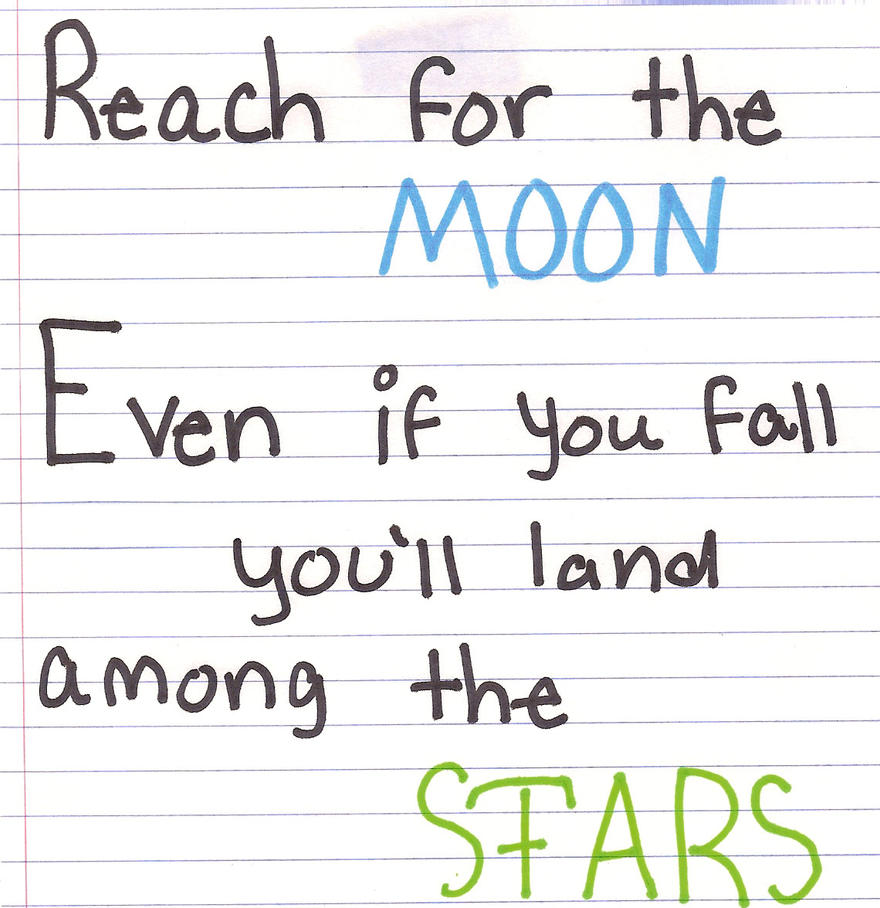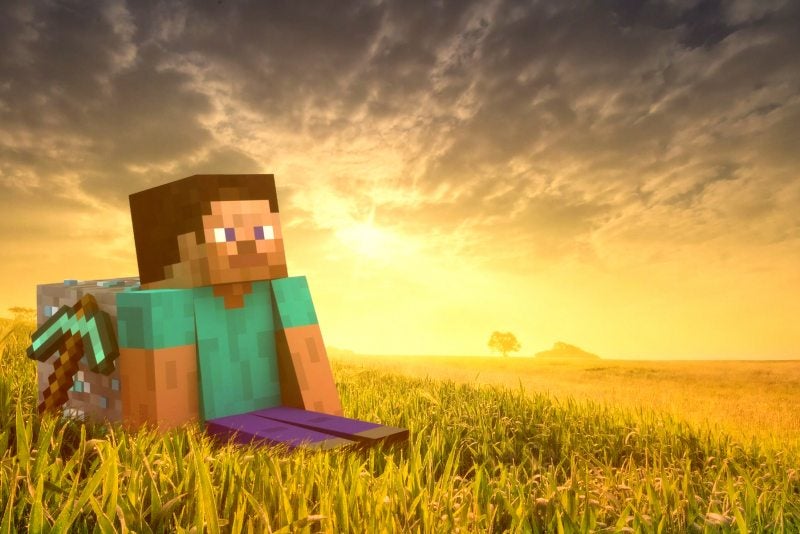Most people who have played video games have thought, “hey, I could do this.” With indie development, the barrier to entry has definitely lowered in the last few years, and many new devs are entering the scene.
But what does it take to be an indie dev?
1. Aim Low
In elementary school you’re taught to “Reach for the moon. Even if you miss, you’ll land among the stars.” With game development, this isn’t the best idea.

Making games isn’t easy. Even if you’re a genius coder, chances are high you’re not going to be able to sit down and make a science based dragon MMO. Chances are honestly rather high that you’ll never make a MMO — it’s about scale.
Say you have an idea. You want to make a fantastic game that is a combination of Shadow of the Colossus and Limbo. It’s a great elevator pitch (both of those games are incredible) but, and this is especially true for your first game, that is way, way too high of a goal. For one, consider studio size. Playdead, the studio behind Limbo has 21 people working on that one game. Team Ico? It’s part of a huge development team, and it took YEARS to make.

One of the main things that people interested in game development do is underestimate how long games actually take to make. Even a game like Fez, seemingly simple, took five years to make. Granted, that’s a protracted development cycle, but it’s necessary to point out as an example. A project, especially a first time project, can get way outside of your means really quickly.
What I mean by “aim low” is to set realistic goals. Really like a game like Limbo? Figure out how to make a one room platform game. Set release for something like Kongregate.
Yes, these goals are boring and non-money making. But if you’re like a lot of the indie devs I know, then this isn’t your day job. You can love making games, you can make your own fighting game engine, but chances are you’re still a code monkey. Maybe you’ll become the next Team Meat, or beat the success of Minecraft, but that is exceedingly rare. In order to reach any measure of personal success, you’ve got to set reasonable goals or else you’ll burn yourself out.
2. Know Your Game Development Community
Communication is probably one of the primary skill-sets you’ll need to foster to work in the indie world. If you don’t like working with people, you should probably look at finding another job. Even supposed one-man operations like Polytron (Fez) or Jonathan Blow (Braid) hired out or employed more people than you would think.

But your game development community doesn’t just include the people working on your project. I hail from a small-ish midwestern city, (Lexington, KY for those taking notes) and there are a slew of independent developers here. And through a local organization called Run Jump Dev, I’m able to interact with them multiple times a week.
If you can’t find any local developers, then there are so many online communities to take part in. Reddit, the so-called “front page of the internet,” has many resources for indie developers to take advantage of.

Take part in jams. These are not only a great way to test your time management skills, but also a great way to interact with other developers on Twitter and through the jam forums. My last jam I made a really basic card game because I wanted to work with card game mechanics, and I had some really great online interactions about how to make the mechanics function better.
Interact with non-AAA developers at cons. I’ve learned more from Frogdice about running a successful Kickstarter than I’ll probably ever need to know, and I learned that from talking with them about it.
3. Take Advantage of Free Tools
Game development can be an expensive hobby/job. If you’ve actually got a degree in the topic, even more so. But there are some fantastic free tools out there for small-time indies like us to use.
Check out Gameskinny columnist MirandaCB’s great article on free game-making tools for a lot more in depth detail on some of the options.
Another trick is if you happen to be going to college or university right now, you can look at getting discounted versions of certain softwares. I commonly use Photoshop, and through my university, I can get it at a discounted price.

One of my favorite, underrated free tools is Twine. Twine is a system that can help you plan out multiple choice gaming options, especially if you’re planning something like a dating sim or a text-adventure. Our own Mat Westhorpe wrote an FAQ on Twine. Personally, I love to actually make games in Twine. In fact, Twine-games are going to be featured at this years Indiecade through developer Porpentine. They’re a super easy, low barrier to entry game type that allows those who don’t code to participate in game-creation.
2. Learn to Promote
As an indie developer, you don’t have access to the finances that major AAA studios have. This is where the community you build comes in handy.

A great example of this is my boyfriend. A small time developer with a game hopefully coming soon to the OUYA, one of the best assets he’s managed to utilize in the last few years has been the game development community. One of the developers we’ve interacted with a lot has been Tim. At PAX Prime this year, every conversation where my boyfriend was being introduced, Tim would talk about his upcoming OUYA games. Your community is a fantastic asset for building word of mouth.
Learning to make Facebook and other forms of social media work for you is equally important, and definitely doable. Post regularly on your indie dev blog — make sure people know that things are happening. Is your game sort of like Minecraft? Find people on Twitter that regularly play Minecraft and invite them to play your game.

This is the hardest part, but; BE OBNOXIOUS.
You are your best ally in getting your game played. Be that guy who tells all of his friends about your game. A local developer I know carried around free-to-play codes in his wallet to pass out to interested parties while promoting his Kickstarter. Become a broken record about your game, but do it politely. No one is going to sell your game as hard as you.
1. Just Get Started
The hardest part to game development is taking that plunge. It’s one of the reason I highly suggest jams for your first game. There isn’t time to second guess what you’re making, the theme is already provided and you can take that plunge without fear — no one’s jam game is every going to be 100% perfect. There’s room for failure.
You’re never going to make the game you’ve dreamed of until you’ve taken that first step. I’m not saying to quit your day job and jump into the deep end, just that if you don’t get started… then maybe you never will.
Hopefully this has provided some insight into being an indie developer! Good luck, and comment below if I missed something important or if your experience says I’m totally wrong on something.






Published: Sep 25, 2013 02:49 pm